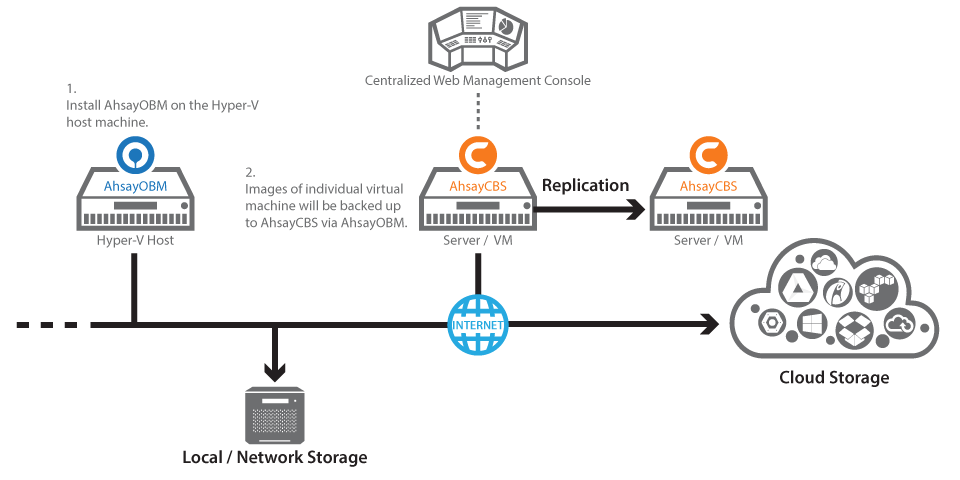

So that’s a handy level of flexibility to have available. It’s not like everything that’s part of the backup plan or to that destination has to be the same storage class. Note: I didn’t realize at first that you can select the storage class on a PER FOLDER basis. I have now initiated a fresh DGA-class backup. I probably shouldn’t have deleted my “deep glacier archive” data, but oh well. But I get the latest monthly bill, and that was $65! Sorry, that’s a no-can-do. The bills from AWS were high at first, but I thought maybe that was due to initial upload. But I really don’t use my “main” Mac that much these days anyway, so I’m not sure I’m comfortable drawing too many conclusions about that.

But even when I was running them frequently to Deep Glacier (or as frequently as I could), they took a long time. But I can’t provide numbers, because I had been playing around with the backup frequency and if you do more frequent backups, you should expect them to run faster. But overall, it seems that the backup durations are much briefer.
Wasabi vs backblaze full#
It took a couple days to do a full backup, of course.
Wasabi vs backblaze archive#
So, I followed my own theory about the Deep Glacier Archive storage class of S3 as being the culprit here, and started all over with “standard storage class” at Amazon S3. I have some evidence that this fools backup programs into thinking that every file is changed even when they aren’t.ĭo you have something like this on your Mac? OneDrive, or Apple’s Deskop/Documents redirection into iCloud, or something like this for Google Drive? Maybe Arq 7 has the same problem on macOS as it does on Windows. OneDrive is using NTFS reparse points for this, and it uses them even when the file actually is stored locally.

My suspicion (which I did tell to Arq support!) is that it is due to Microsoft OneDrive’s use of “Files on Demand”, which is where the file system is manipulated to have a kind of placeholder entry for files that are in the OneDrive cloud but not currently on the computer. The point is there is something different in Arq 7’s backup engine that results in atrocious performance in some cases. So I went back to Arq 5 and it reverted to the previous performance: backups complete in minutes.
Wasabi vs backblaze how to#
Arq support wasn’t willing to work to solve the problem (they said they couldn’t do anything unless I told them why it wasn’t working and showed them exactly how to recreate it). I tried completely reinstalling Arq 7 and starting fresh. I had a similar issue on Windows 10 after upgrading from Arq 5 to Arq 7: backups that would finish in minutes on Arq 5 would take days to complete on Arq 7.


 0 kommentar(er)
0 kommentar(er)
